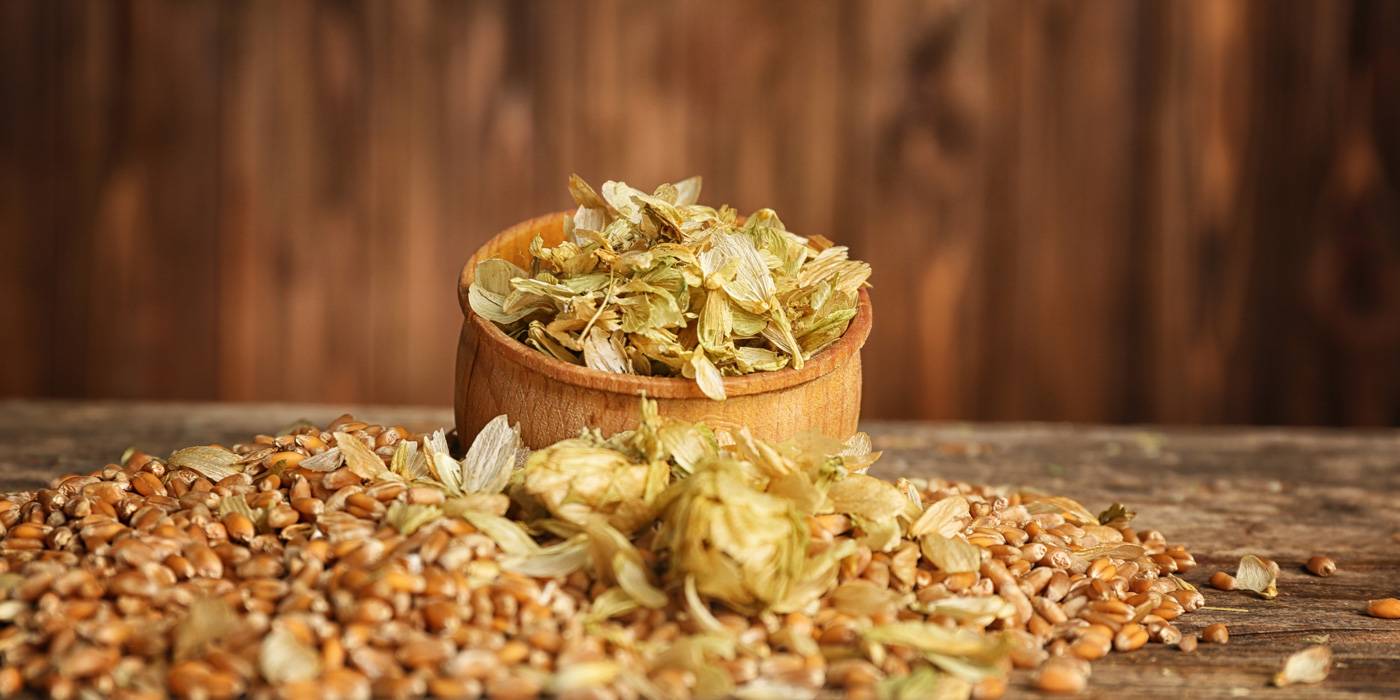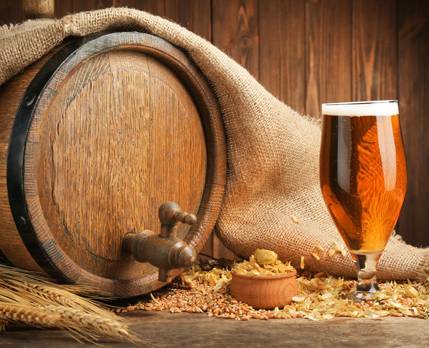The origin of beer

Today we are going to take a trip back in time to a unique moment in the history of mankind: the origin of beer. But before we set off, and in order to determine the destination of our adventure, the first thing we must do is define what type of drink we can call beer, from a broader perspective than that of the current reality.
In a universal sense and with that historical view, we can say that beer is an alcoholic drink made from the fermentation of cereals and flavoured with plants, to which fruit and other sources of sugar can be added.
Taking this definition as a starting point, we find ourselves with a problem in setting the course of our time machine, and that is that the origin of beer is not linked to a single region of the planet. Rather, throughout history, different beers have been brewed in almost every continent, each recipe responding to the ingredients available there: barley and wheat in the Middle East and Europe, millet and sorghum in Africa, corn in America, or rice in Asia.
It will not be easy, either, to adjust the timer of our machine, as there are different theories about when the first beer was made. Some researchers inseparably associate beer brewing and bread making, because of the similarity of ingredients and processes of the two, thus placing their origin between 10,000 and 6,000 BC. However, for now these are only hypotheses, so we will aim at a few thousand years later on our journey.
The first traces of brewing, and therefore of the origin of beer, have reached us through archaeology. Earthenware vessels have been found at different sites in the Mesopotamian region, that date from 5,000 to 4,000 BC, and analysis shows that they were used for the fermentation of cereals.
Later, in the same region, written references to beer appear, either as recipes or in legal documents such as the Code of Hammurabi.

Not far from there, in space and time, in the Egypt of the Pharaohs, beer reached a hitherto unheard of splendour as it was part of the workers' salaries, the citizens' diets, and of religious rituals, making this empire the world's leading beer-making power in history.

But as we said before, the origin of beer cannot be reduced to a single region of the planet. Just as an example, we can say that in our peninsula, remains of fermented drinks from cereals have been found in Can Sadurni (Barcelona), and in the valley of Ambrona (Soria). Further, in large areas of pre-Columbian America, a drink known as "chicha" was made from fermented corn, and in Asia we can find millet beers, and even Sake can be considered a beer made from rice, according to our initial definition.
The development of maritime transport from the 15th century onwards, together with the political and mercantile dominance of the great European powers, gradually unified the concept of beer around those produced on our continent, in whose recipes barley, wheat and hops were the absolute protagonists. The Germans, Belgians, Dutch and British not only produced and exported their beers, but also founded brewing companies in every corner of the planet, and made beer the global drink par excellence.
The technical advances applied to brewing, especially since the Industrial Revolution, have shaped the classic styles to how we know them today, allowing us to reproduce any of them anywhere in the world thanks to the control of yeasts, the possibility of matching different waters by adjusting their mineral content, and the meticulous control of each of the processes.
Finally, on our return from our journey through time, it is time to choose a beer to toast the return, savour each sip with pleasure, and start thinking about the next journey - real or imaginary.
Cheers!
Julio Cerezo - Beer Sommelier
Director de Sabeer Academia de la Cerveza
What do you think about?
Share comments, opinions and tricks with the Community






